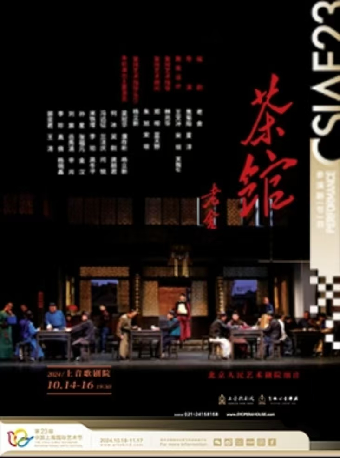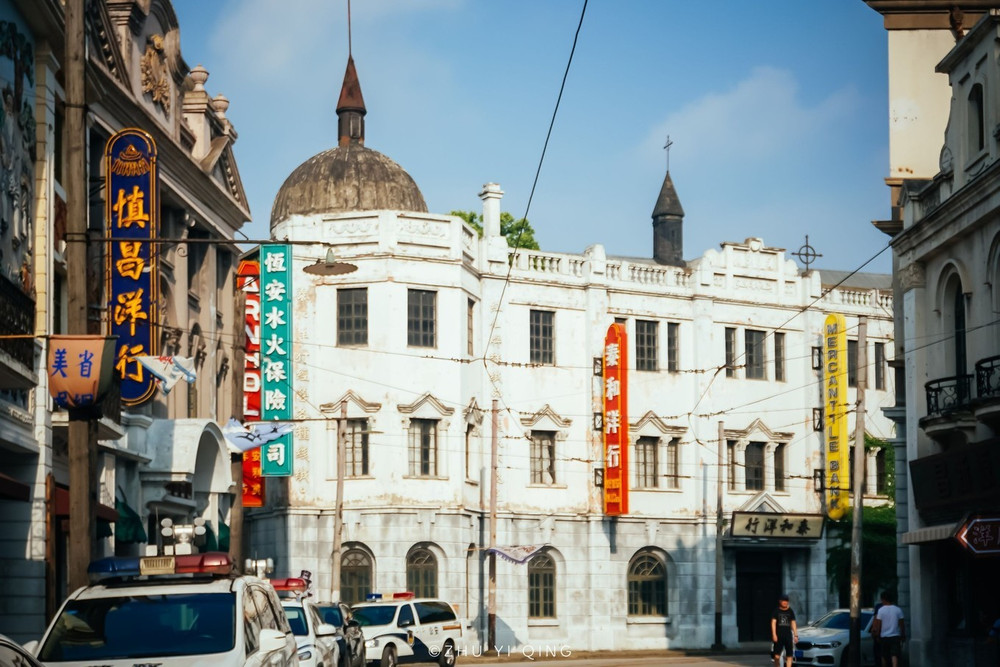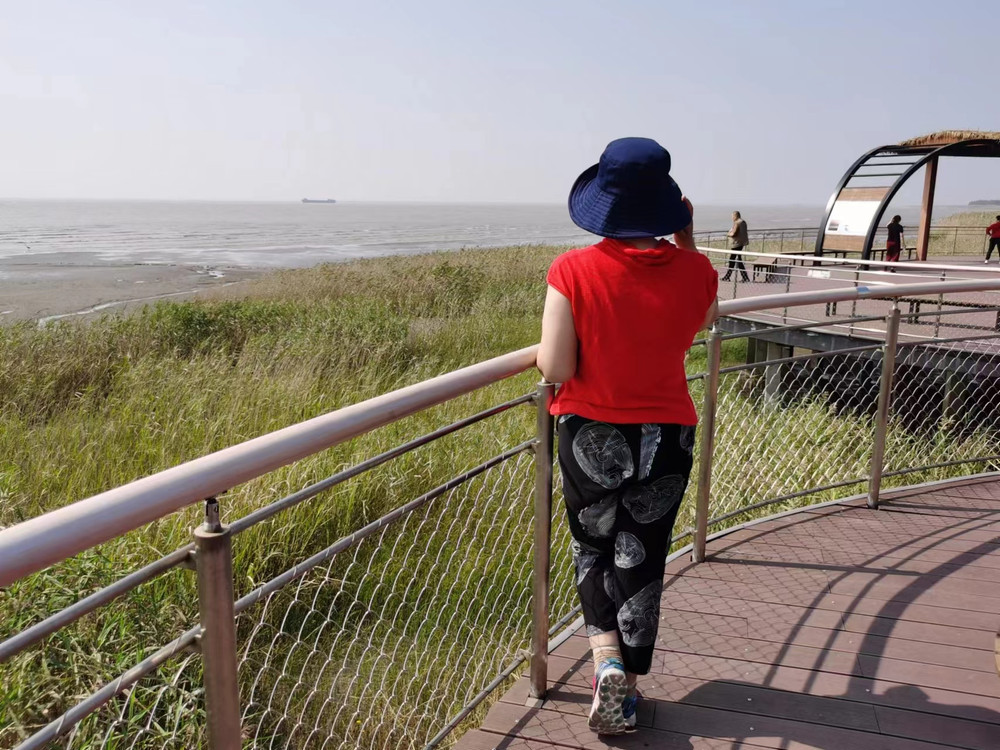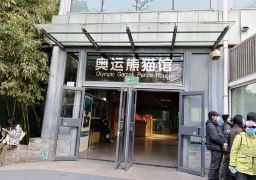The story unfolds at ‘Old Yutai’ Teahouse in the capital city.

Act One is set after the Hundred Days’ Reform at the end of the Qing Dynasty. During this era, political corruption was rampant, the nation was weak, and the people were impoverished. Foreign goods and opium dominated the market. Intellectuals advocated for reforms or sought to establish industries. Powerful eunuchs sought to marry wives, while farmers in the countryside sold their children. Those who wanted to innovate were beheaded, and those who believed in foreign religions stood tall. Spies roamed freely, and ordinary people were often at fault. As a result, the teahouse owner, Wang Lifa, posted a notice in the teahouse that read ‘Do Not Discuss National Affairs’.
Act Two takes place during the Republic of China period when warlords fought each other, causing suffering among the people. Foreign powers were covetous, ready to take their share at any time. Patriotic students called for the eradication of national traitors and the defense against foreign powers. The resourceful Wang, facing the harassment and extortion of remnants of soldiers, bandits, and spies, insists on reforms and struggles to keep ‘Old Yutai’ teahouse afloat.
Act Three is set eight years after the Japanese occupation of Beijing. The people finally look forward to victory, but then the Kuomintang and American troops arrive, plunging the political scene into unprecedented darkness. This makes Wang’s life even more difficult. His dream of reform could not save ‘Old Yutai’, and he himself was forced to hang.The performance is open from October 14th to 16th. It lasts 160 minutes including a 15-minute intermission, subject to the actual situation on site.









